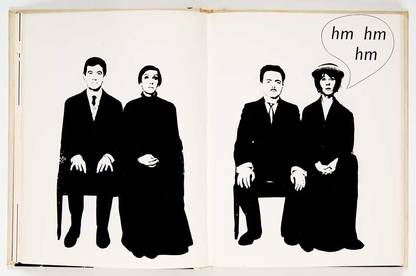I was having so much fun improving my french that I decided to start learning spanish as well. So now I have new tips, that are unrelated to flashcards!
- It is hard to find compelling things to read when you are a total beginner in a language. May I suggest kids joke books? They are available for very low reading levels and deciphering the jokes is a fun (and funny) challenge. Short jokes contain ideal groups of vocabulary for learning, too– common words that are memorably related but don’t sound the same or have similar meanings. E.g., What animal has the smallest appetite? A moth, because it only eats holes!
- Apparently I am not the only language learner who felt a sort of plateau at the upper-intermediate level. For me, this has been partly due to the experience of being able to understand adult french content like newspapers or mystery movies, but finding it a lot more work than understanding english. The slowness and mental effort can get frustrating, which is demotivational. It turns out that trying to learn spanish made french feel suddenly much more fun by comparison, and made me much more enthusiastic and brave about french. So my suggestion is: consider turning your “weaker” language into your “second best” language by learning little bit of a third one.

